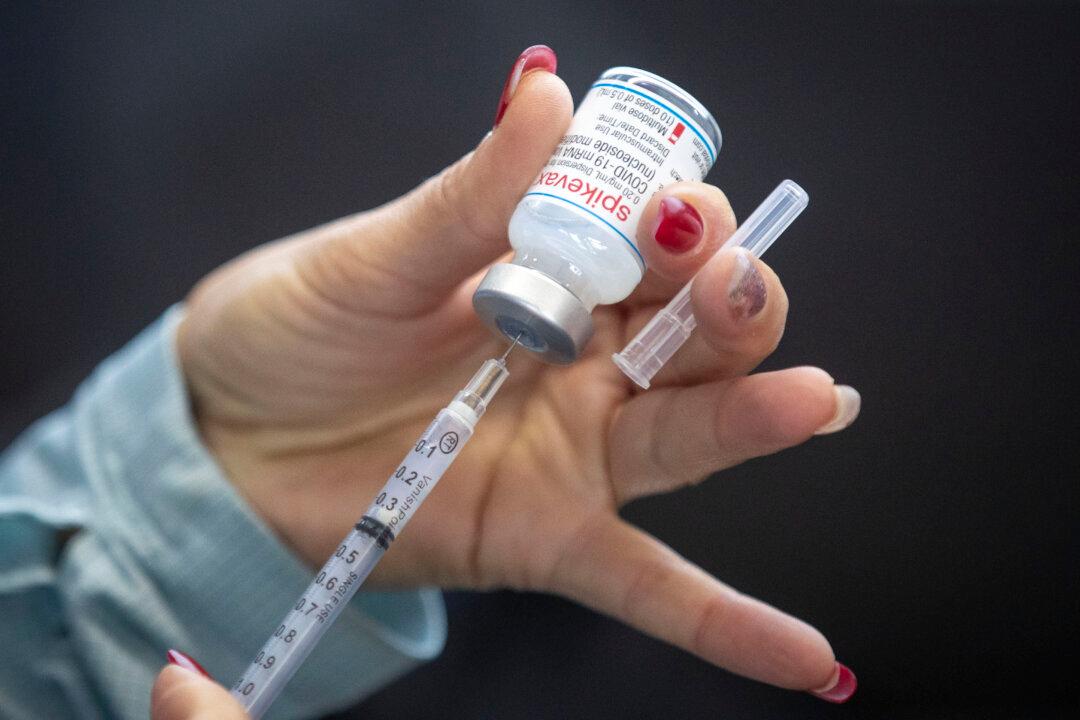An Ontario medical college tribunal has rejected a motion by three doctors critical of COVID-19 policies who sought to stop disciplinary hearings against them.
The doctors are at risk of losing their licences for allegedly committing professional misconduct in certain actions they engaged in while taking issue with some of the COVID-related public health directions given by the Ontario College of Physicians and Surgeons (CPSO), such as to do with vaccination and treatment.





